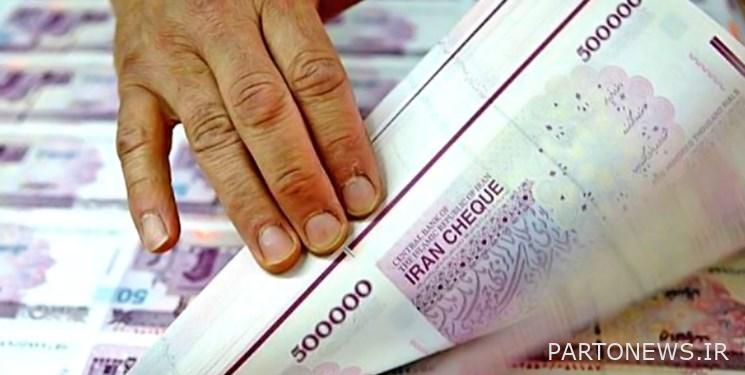The government’s actions to curb the growth of liquidity/housing construction are the driving force of reducing inflation

According to the economic reporter of Fars news agency, one of the important goals of the 13th government is to control inflation and reduce it. In this regard, the economic team of the government is pursuing various programs, the most important of which is the control of liquidity growth.
Based on this, the government follows different paths in order to reduce the growth of liquidity and monetary base. The first step of the government in this field is to establish financial discipline and not borrow from the central bank.
In this regard, one of the red lines of the Program and Budget Organization as the custodian of financing in the country has been to use the powerful money of the Central Bank to compensate for the budget deficit. For example, it is possible to point out the non-use of the salary and the provision of sustainable resources for the government’s plans, which is a proof of the government’s performance in this field.
However, despite the efforts of the government due to the banks’ borrowing from the central bank, the monetary base growth remained above 30% and according to the statistics announced by the central bank in September 1401, it reached 33.1%.
* Investigating the effectiveness of the policy of not using high-powered money
In this regard, Ali Naderi, an economic expert, said in an interview with Fars: It is expected that the annual growth of the monetary base in Mehr will continue its increasing growth and reach 34.5 percent.
Pointing out that the lack of active supply of the monetary base is one of the incorrect policies adopted in the country, Naderi said: The important thing about this is the growth of the monetary base from the overdraft of the banks from the central bank, which shows the banks’ need for reserves (monetary base). ) and we have to witness the active policy of monetary base supply in this context.
* Debt repayment of the previous government is on the agenda of the 13th government
According to Fars report, repayment of previous debts is the second policy of the government in order to prevent the growth of liquidity in the country, the 13th government has tried to repay part of the debt of the previous governments and prevent the creation of new debt. In this regard, controlling the balance sheets of banks, determining the monthly growth ceiling for the balance sheets of different banks has been one of the most serious policies of the central bank in this sector.
Also, the production and sale of government assets is also on the agenda, and the government seeks to finance part of its expenses from the sale of government assets, which, of course, due to the recession in the real estate sector, a small amount has been realized.
According to the mentioned efforts, the annual inflation statistics published by the Iranian Statistics Center show that the annual inflation in November has reached 44%. This number is 1.1 units higher than the annual inflation of October, which was 42.9%. The growth of the inflation rate shows that contractionary policies alone will not be successful.
In this context, Hamid Behzadi, an economic expert, explained the reason for the failure of the government to prevent the growth of inflation and said: the missing link of the government’s policies is to pay attention to the production and create a perspective of economic growth, until there is no clear perspective of the country’s growth and development, the policies Demand control will only be responsive in the short term.
Behzadi emphasized: For this reason, the government must seriously pursue supply side policies, in this regard, one of the measures that the government must follow is stability in the process of currency price changes, large fluctuations in the currency price and its unpredictability. It deprives economic actors of any investment and decision-making, and only space is provided for speculative activities.
He continued: It is necessary to present a promising vision of the future of Iran’s economy, the supply of land for housing construction is one of the measures that can achieve this goal endogenously and without dependence on sanctions. In addition to creating employment and economic growth, the supply of land and housing construction controls inflationary expectations in this sector and by adding exchangeable assets in the economy, it can play a role in reducing inflation.
* Engine housing to reduce inflation
According to Fars, one of the most important policies that can reduce liquidity and prevent inflation is providing housing for families. In recent years, due to the large demand for capital in the housing market and the decrease in the supply of this basic commodity in the cities of the country, the share of housing in the family budget has reached more than 50%, and providing housing for families as a welfare policy can increase the negative effect Minimize housing prices.
In this context, it should be noted that more than a year has passed since the 13th government, and the remaining time will pass quickly, and it is necessary to start basic measures as soon as possible.
end of message/
You can edit this article
Suggest this article for the first page

